Sir Michael Morpurgo On War Horse's Return to Sunderland Empire
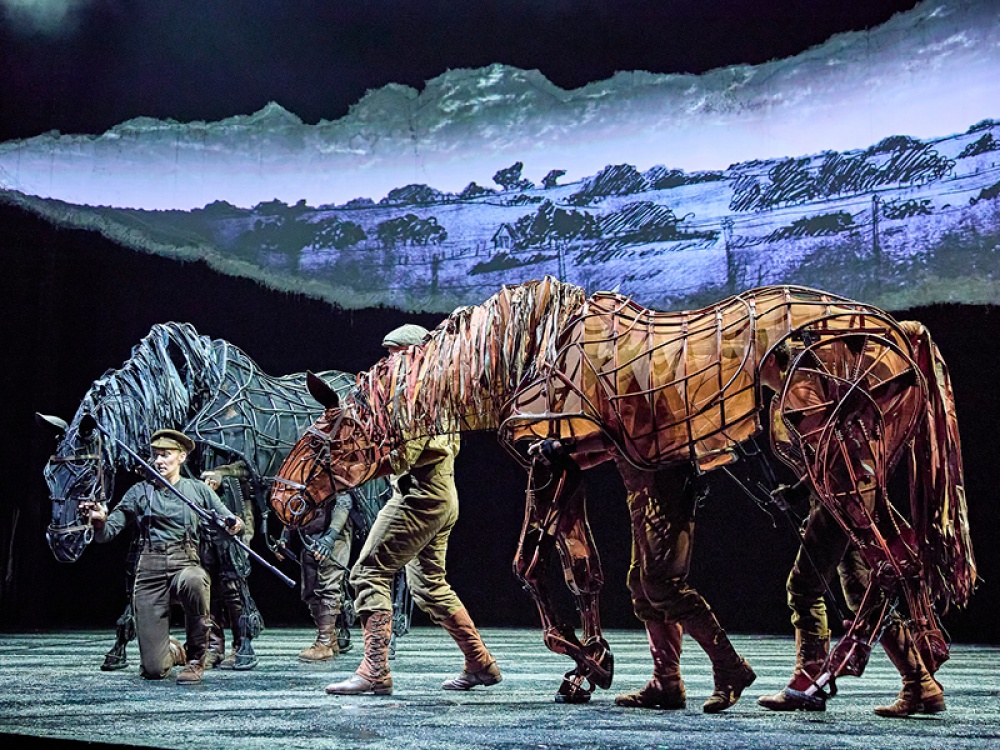
Inspired by Michael Morpurgo's best-selling novel, the National Theatre's acclaimed production of War Horse is galloping back around the country
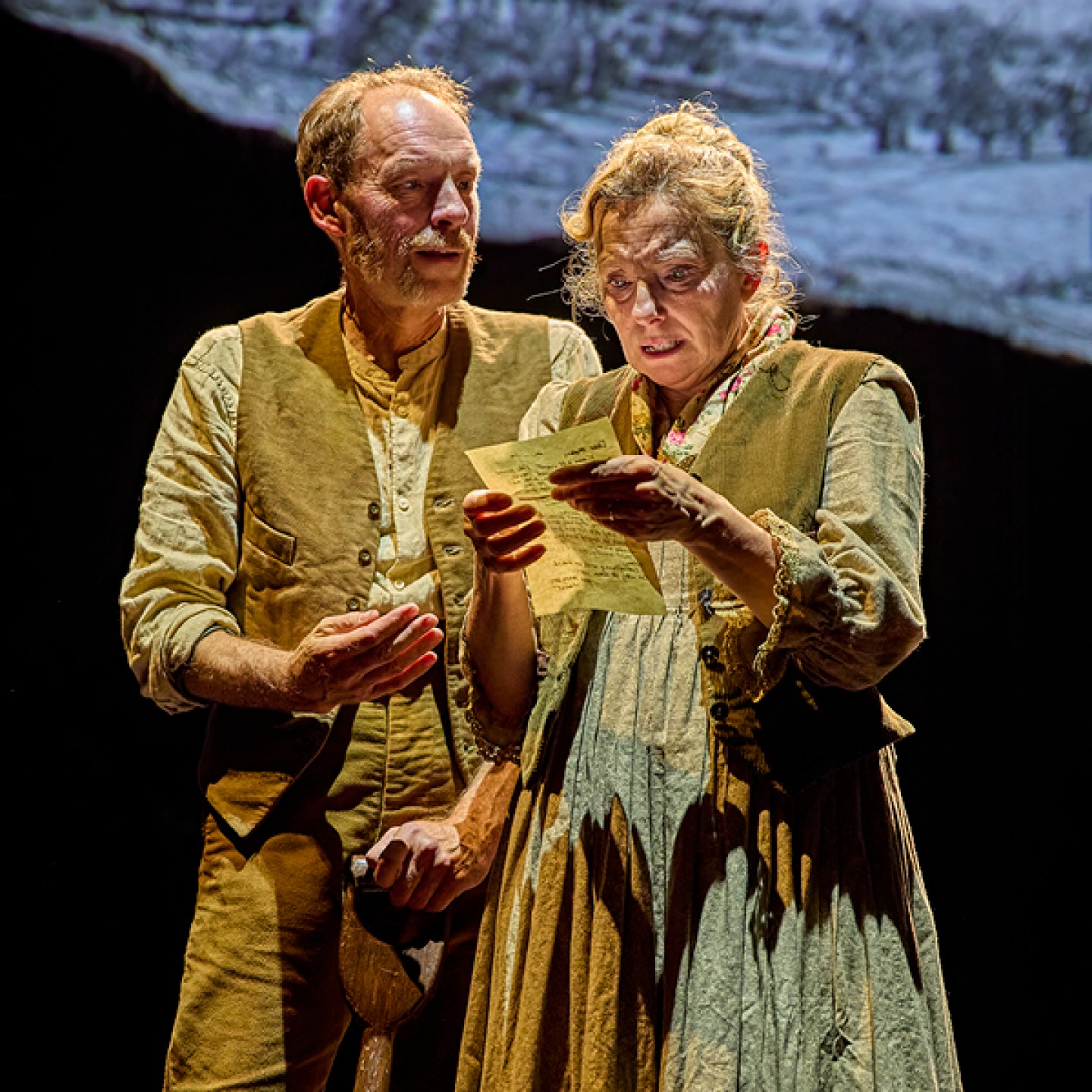
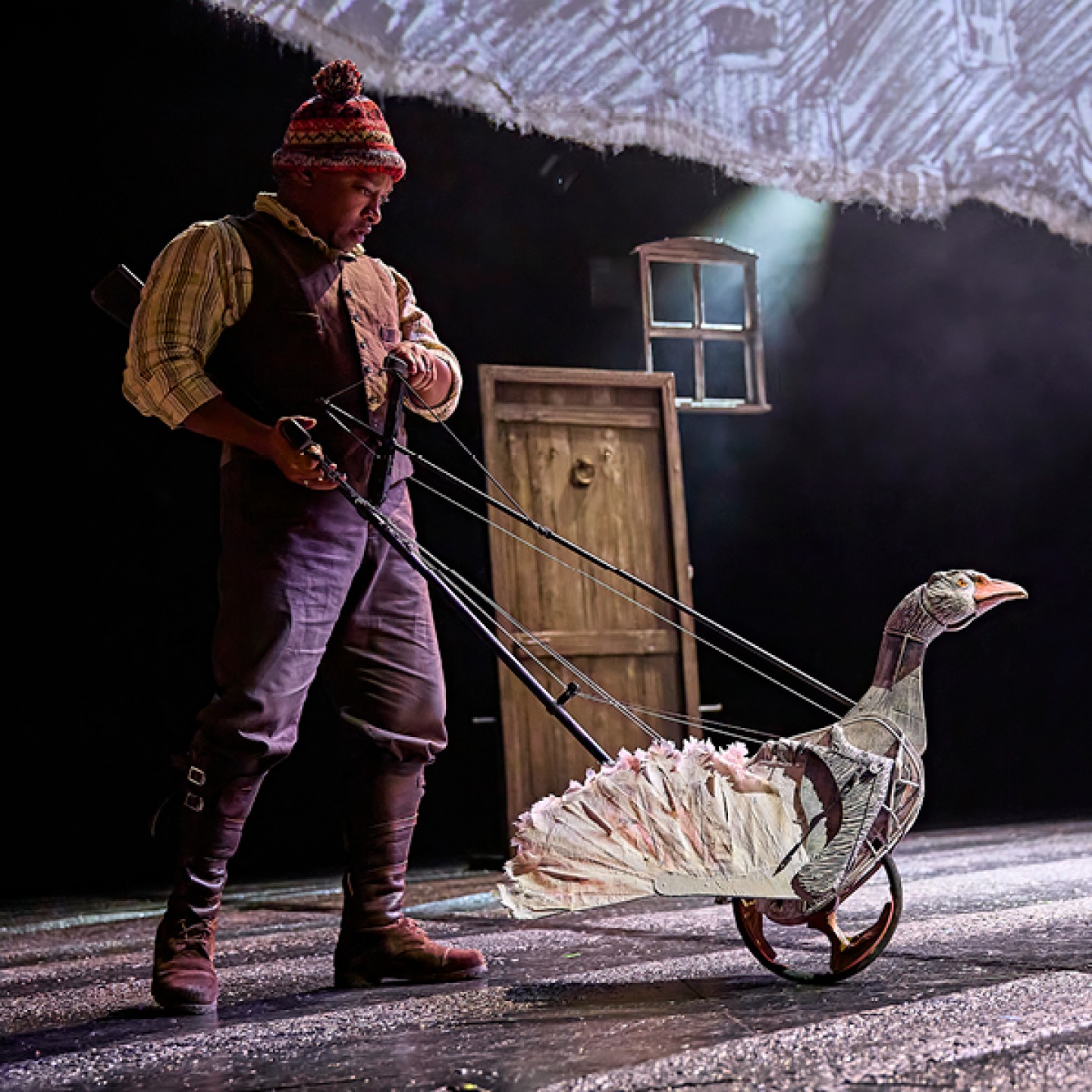
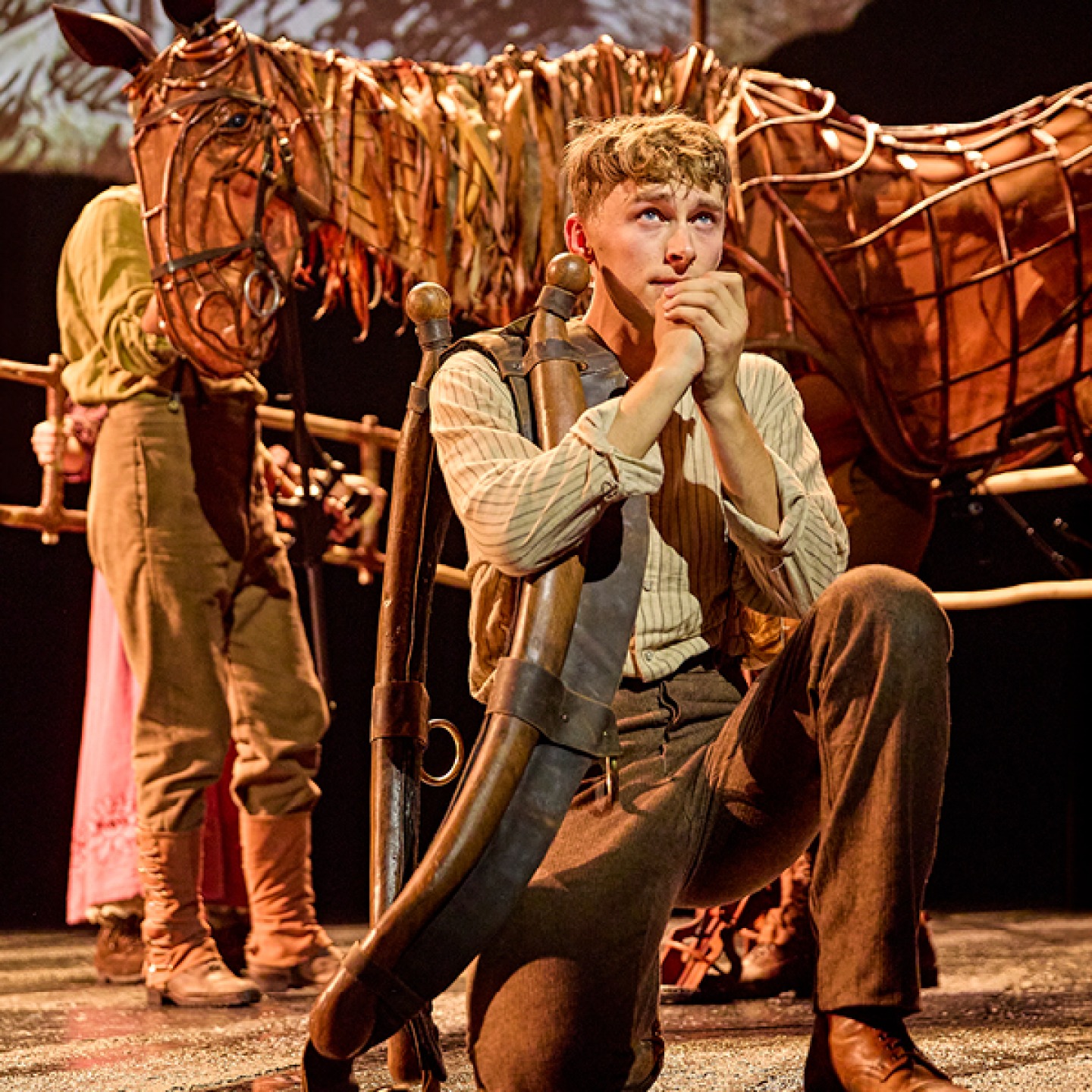
Marking 110 years since the start of the First World War, the new tour of War Horse also coincides with the 40th anniversary of the book’s publication. Selling more than 35 million copies world-wide, the backstory of Sir Michael Morpurgo’s literary thoroughbred is every bit as captivating.
‘I was born in 1943 in London, so I was aware, very early on in my life, what war did to flesh,’ he says. ‘A gentleman called Eric Pearce used to come to tea with us. He was a lovely man and I knew that he was a war hero. He had been a Fleet Air Arm pilot. He was very smart, but he had terrible burns on his face, an ear and fingers missing and only one eye. Mother always told me not to stare, but I couldn’t help it. Well, Eric lived to be almost 100 and I kept up with him. On my last visit to him I apologised for staring at him as a child. And he said something rather wonderful: “I remember very well indeed. And I liked it. What I never liked was when people looked the other way.”.’
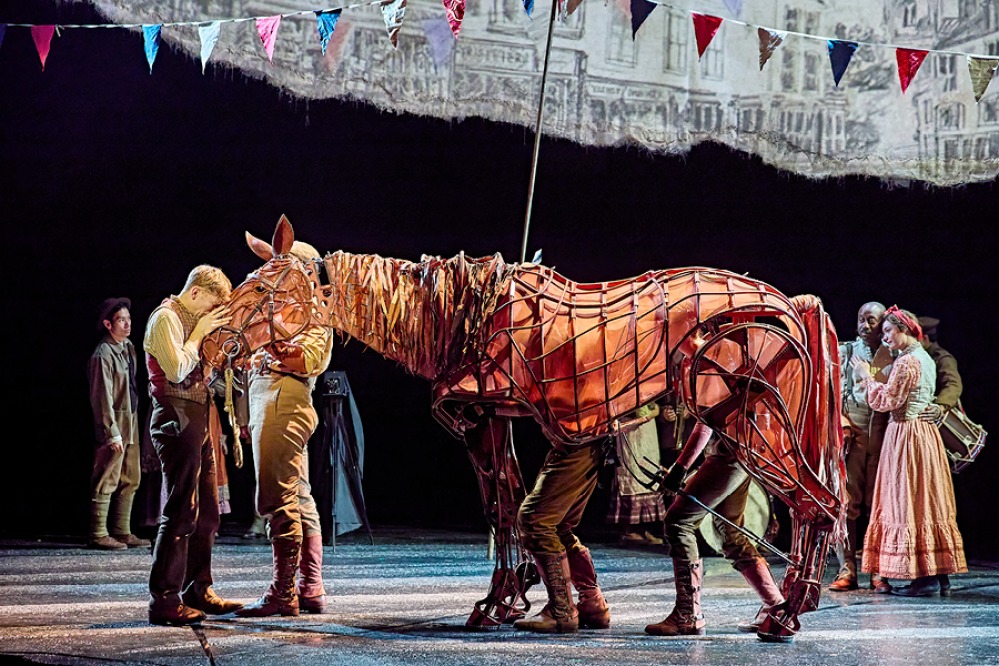
Michael’s Uncle Peter, a young actor, was killed in action. ‘The shadow of war hung over everyone long after D Day,’ Michael adds. ‘We didn’t talk about being depressed, but we’d say that “it was difficult to laugh”.’ Motivated by an interest in military history, Michael joined the army, but says he left ‘on a point of principle’.
Following a career in teaching, in 1976, he and his wife Clare relocated to Devon and set up Farms for City Children, a charity enabling children from disadvantaged communities to experience the adventure of working together on farms in the countryside. In the local pub, The Duke of York, Iddesleigh, Michael met Wilf Ellis, an octogenarian who had served in WWI when he was 17. ‘‘He said “I was there with horses”,’ Michael recalls. ‘He then spoke about his experiences, including how he had been at the bottom of a mud-filled trench when a German soldier carrying a bayonet approached and yet, for some reason, couldn’t follow through.
‘He also told me this: “All we had was fear. We each dealt with it however we could; some went silent, some screamed and some went mad. What we couldn’t do was talk to each other about it.” But Wilf told his horse things that he couldn’t tell anyone else. The horse was his best friend. And then he said to me something I couldn’t quite believe. He said: “And that horse, he listened”.’
Discovering that as many horses as men were killed during WWI, an idea came to Michael. ‘What if the horse, as a neutral observer, told the tale about the universal suffering of war?’ Aware that this had been done in stories like Black Beauty, but still not entirely convinced, he dithered. Then, one rainy evening on the farm, he spotted a young boy in the yard. A visitor with the Farms for City Children programme, the child, who was non-verbal, was standing by a stable door. About to send him inside, Michael realised that the boy was talking to the horse. ‘A fellow sentient creature that he trusted, he talked to the horse as a friend,’ says Michael. ‘And the horse was listening. It wasn’t sentimental; there was a relationship.’
Michael started to write War Horse. Encompassing themes including family and community, courage, loss, hope and reconciliation, the remarkable story of a young boy called Albert and his horse Joey is set against the backdrop of the First World War. Published in 1982, the book received critical acclaim but didn’t sell in any notable numbers. Then, 23 years later, Tom Morris at the National Theatre approached Michael, wanting to stage a play with an animal puppet at its heart. His mother, having heard Michael talking about the book on Radio 4’s Desert Island Discs, believed that War Horse could be the perfect story. ‘Thank goodness he did what his mother told him for once!’ says Michael dryly.
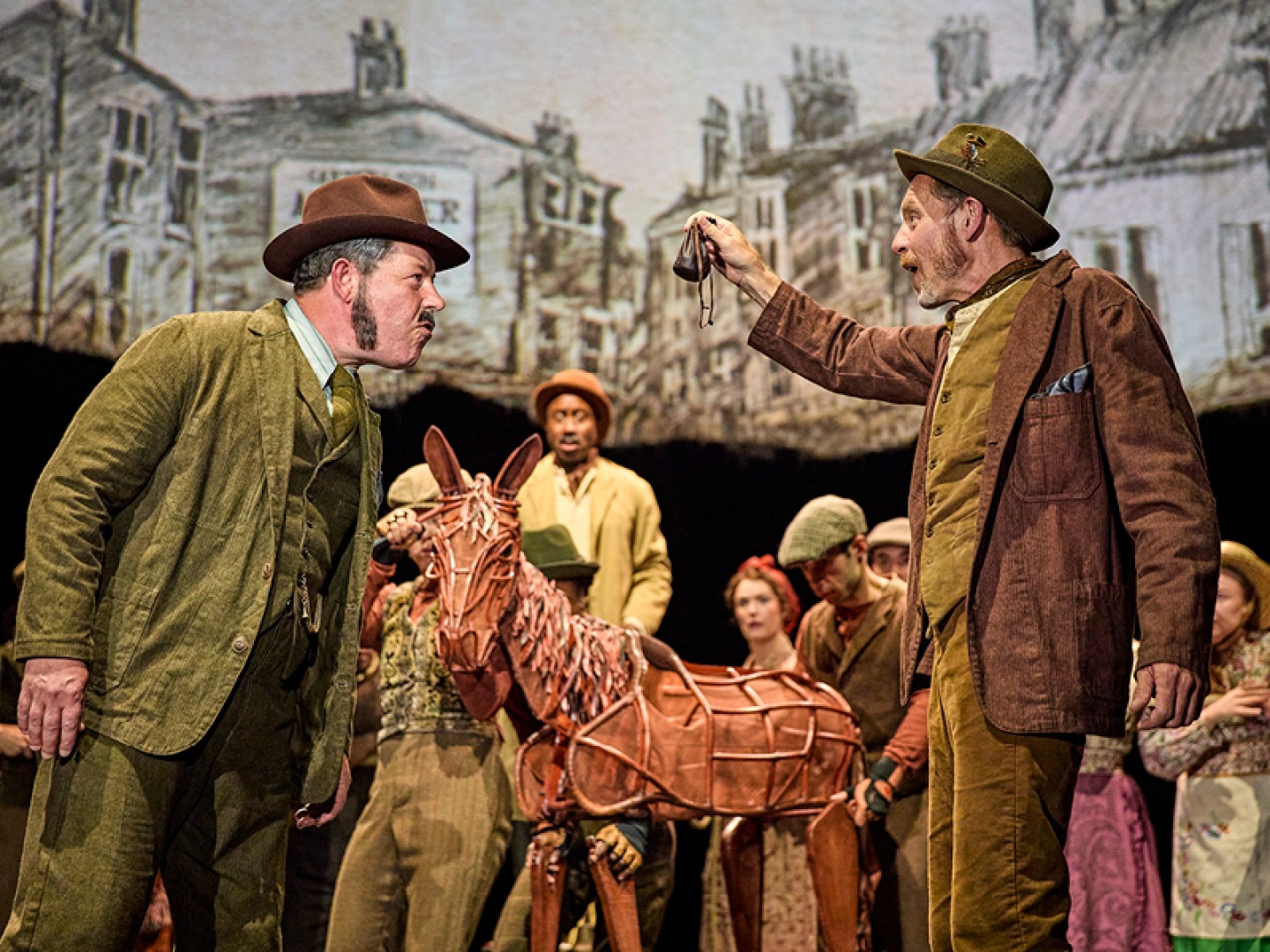
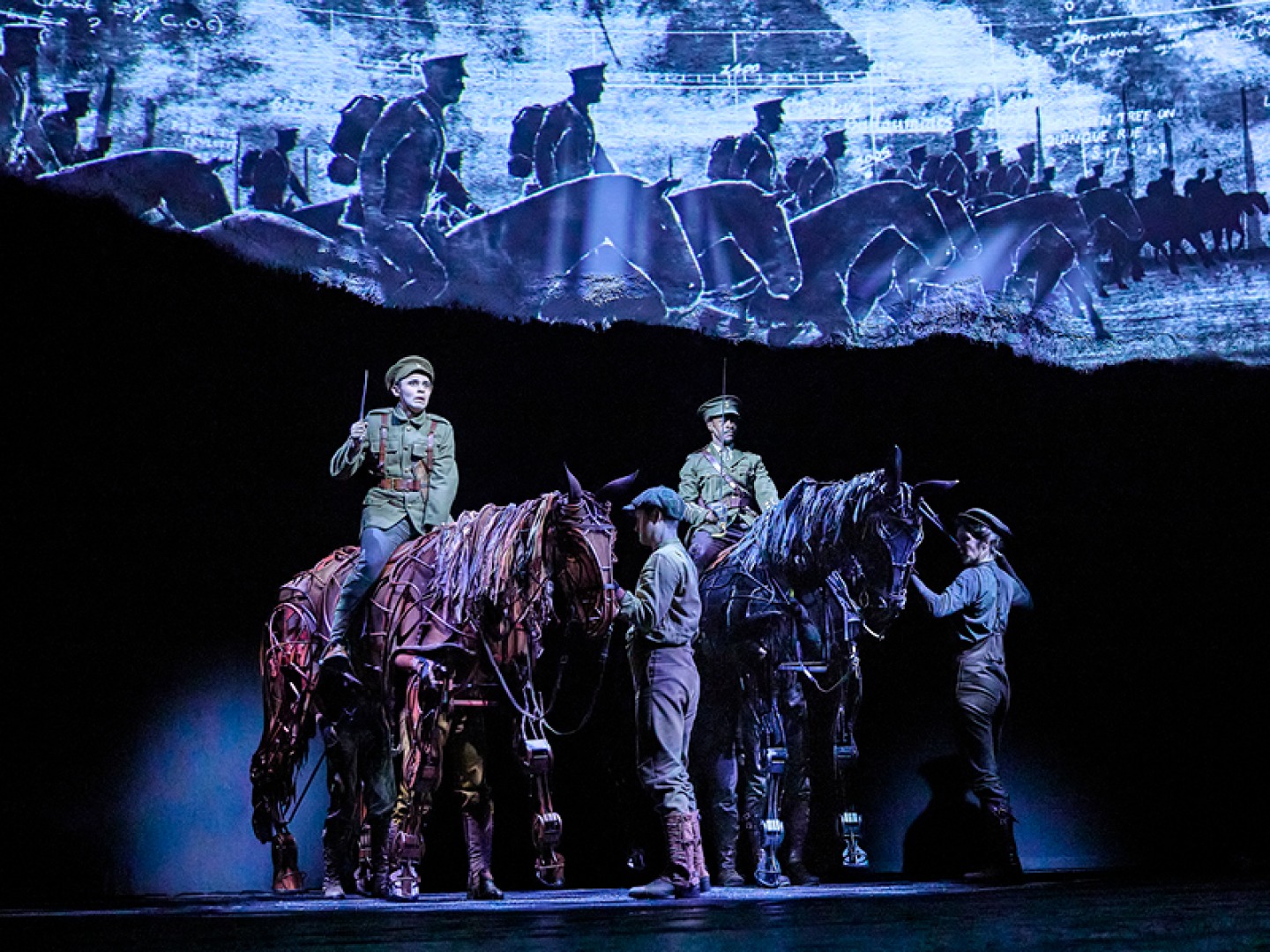
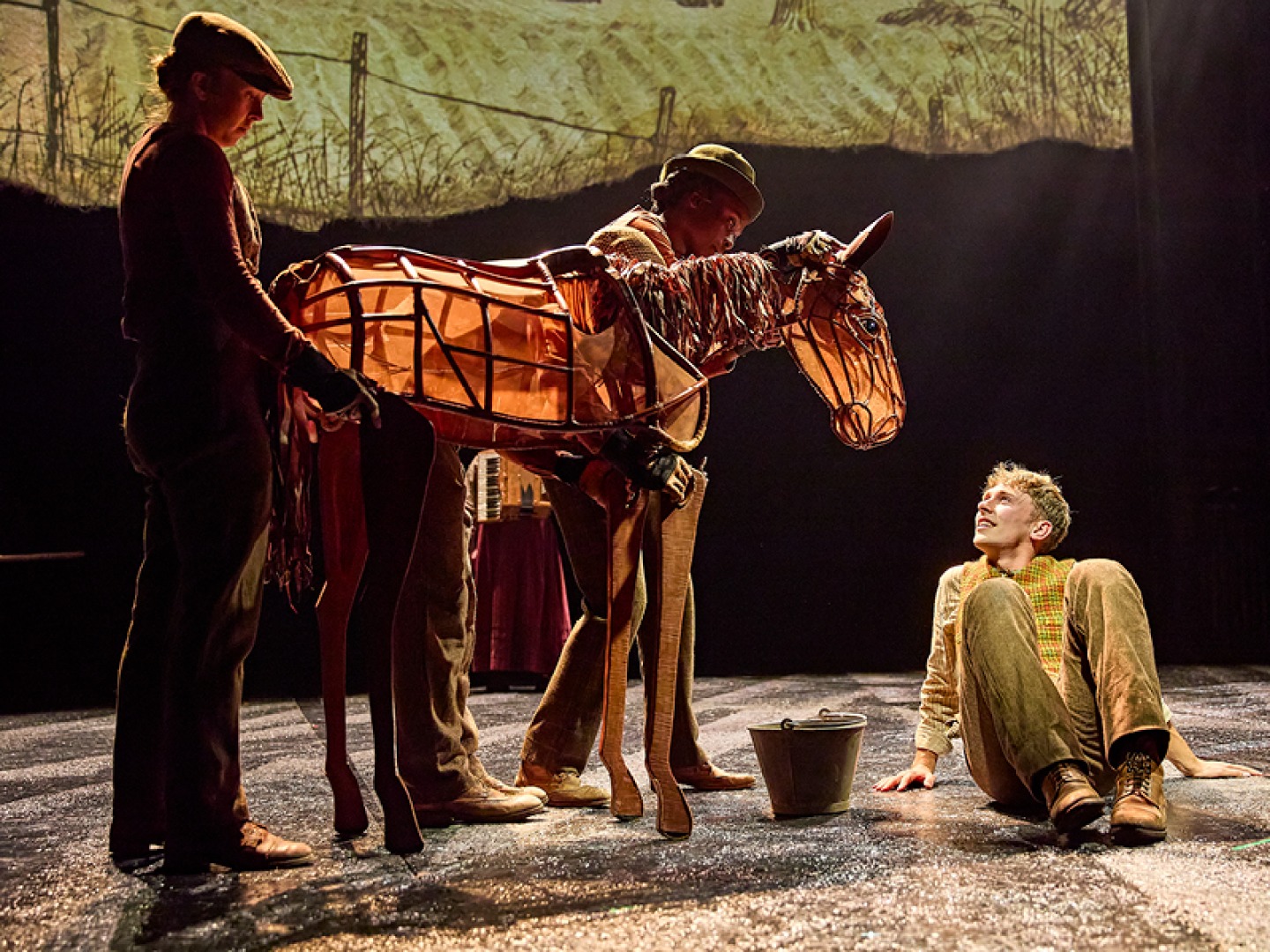
Initially fearful that Joey would be reduced to a pantomime horse, he accepted Morris’s invitation to watch footage of South Africa’s ground-breaking Handspring Puppet Company. ‘The video was of this extraordinary giraffe puppet walking across the studio floor. I found that I was crying,’ he says. ‘It was so moving and done so well. I thought if they can do this with a giraffe, they can do it with a horse.’
And they did. The most successful play in the history of the National Theatre, beautifully adapted by Nick Stafford and directed by Marianne Elliott and Tom Morris, War Horse engages audiences of all ages. Powerfully moving, dazzlingly inventive and with stirring music and songs, it has won more than 25 major awards, thrilled more than eight million people worldwide and sent sales of the book soaring.
Now back on tour, it’s heading to Sunderland, where Michael holds his own wartime memories. ‘I was evacuated up there,’ he explains. ‘When the V1s and V2s came during the Second World War, I was safe up in the North.’
What’s the story about you and Roald Dahl?
War Horse was once shortlisted for an award. Roald Dahl was chairman of judges. I didn’t win and he told me that children didn’t like history. Fortunately, he was wrong!
How did Steven Spielberg come to make the film of War Horse?
He came to see the play because his daughter liked horses. That was lucky!
Should people with a first edition of War Horse get excited?
When I wrote the book there was a small print run. It only sold about 800 copies. The play and film really improved sales, so if you have a first edition it could make you a fortune!







